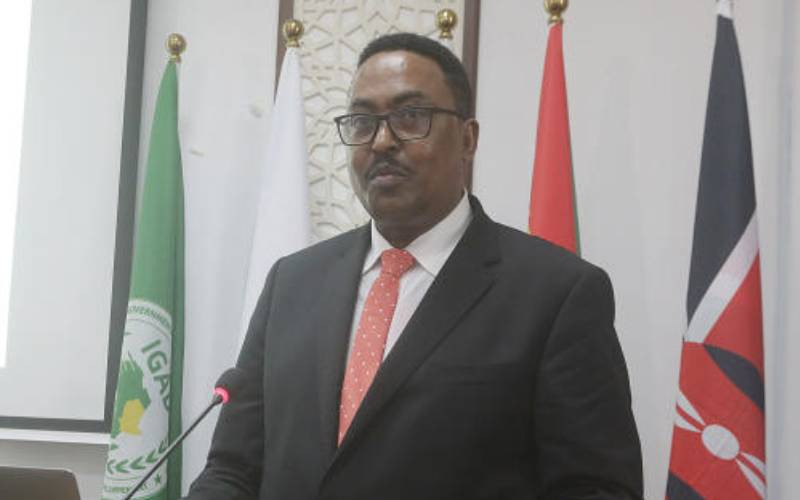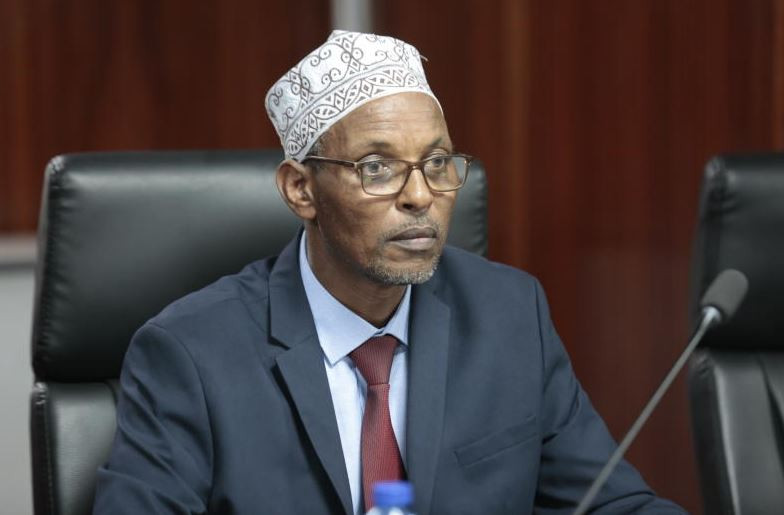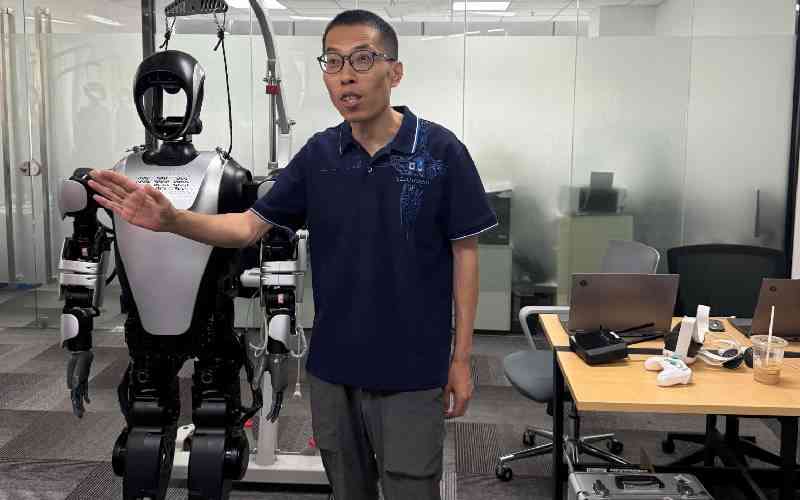
Intergovernmental Authority on Development (IGAD) has urged East African countries to urgently embrace artificial intelligence (AI) and cybersecurity or risk falling behind in efforts to protect their citizens and institutions.
Addressing a regional seminar on Wednesday in Nairobi, IGAD Executive Secretary Workneh Gebeyehu said technology must be guided by human intent, not left to evolve without clear purpose.
“The future of regional security belongs to those who harness artificial intelligence,” said Gebeyehu. “In this future, humanity will be divided not by race or culture, but between those who know how to use AI and those who do not.”
He warned that across the region; security systems remain vulnerable to criminal networks and terrorist groups exploiting digital weaknesses. Kenya alone lost over 83 million dollars to cybercrime in 2023, while cyberattacks on its government infrastructure increased by 45 per cent.
“Criminals are targeting law enforcement databases, and extremist groups are capitalising on our poor digital defences,” he noted.
Still, Gebeyehu highlighted promising progress across IGAD countries. In Ethiopia, police are using predictive algorithms to counter urban crime, while in Kenya, AI-powered surveillance systems have slashed police response times by 40 per cent. Uganda’s use of digital identity systems has improved security checks, and Djibouti has introduced AI at key ports to protect the Red Sea corridor.




Despite these gains, he cautioned that the region faces a major skills gap, with fewer than 15,000 professionals being trained each year out of the 500,000 needed by 2030.
“To secure our digital future, we must stop talking and start training,” he observed.
Gebeyehu proposed three steps to close the gap: harmonised regional governance with clear cybersecurity standards and AI ethics protocols, major investment in training through an IGAD Digital Security Skills Initiative, and a new IGAD AI Security Innovation Fund to support local startups focused on security tools.
He also called for adoption of a “Nairobi Commitment” that would see each IGAD country dedicate at least 2 per cent of its budget to AI-related security infrastructure by 2030.
“Our young entrepreneurs are not looking for charity,” explained Gebeyehu. “They want opportunity, partnership and digital sovereignty.”
He warned that failure to act decisively could lead to what he termed "digital colonialism,” where foreign corporations control critical data while African governments struggle to respond to cyber threats.
“We are at a digital crossroads,” he said. “One path leads to stronger institutions and protected citizens. The other leaves us vulnerable, dependent and behind.”
He closed by urging participants to commit to practical action, not declarations.
Stay informed. Subscribe to our newsletter
“Let this meeting be remembered not for the challenges raised, but for the solutions we implement,” Gebeyehu concluded.